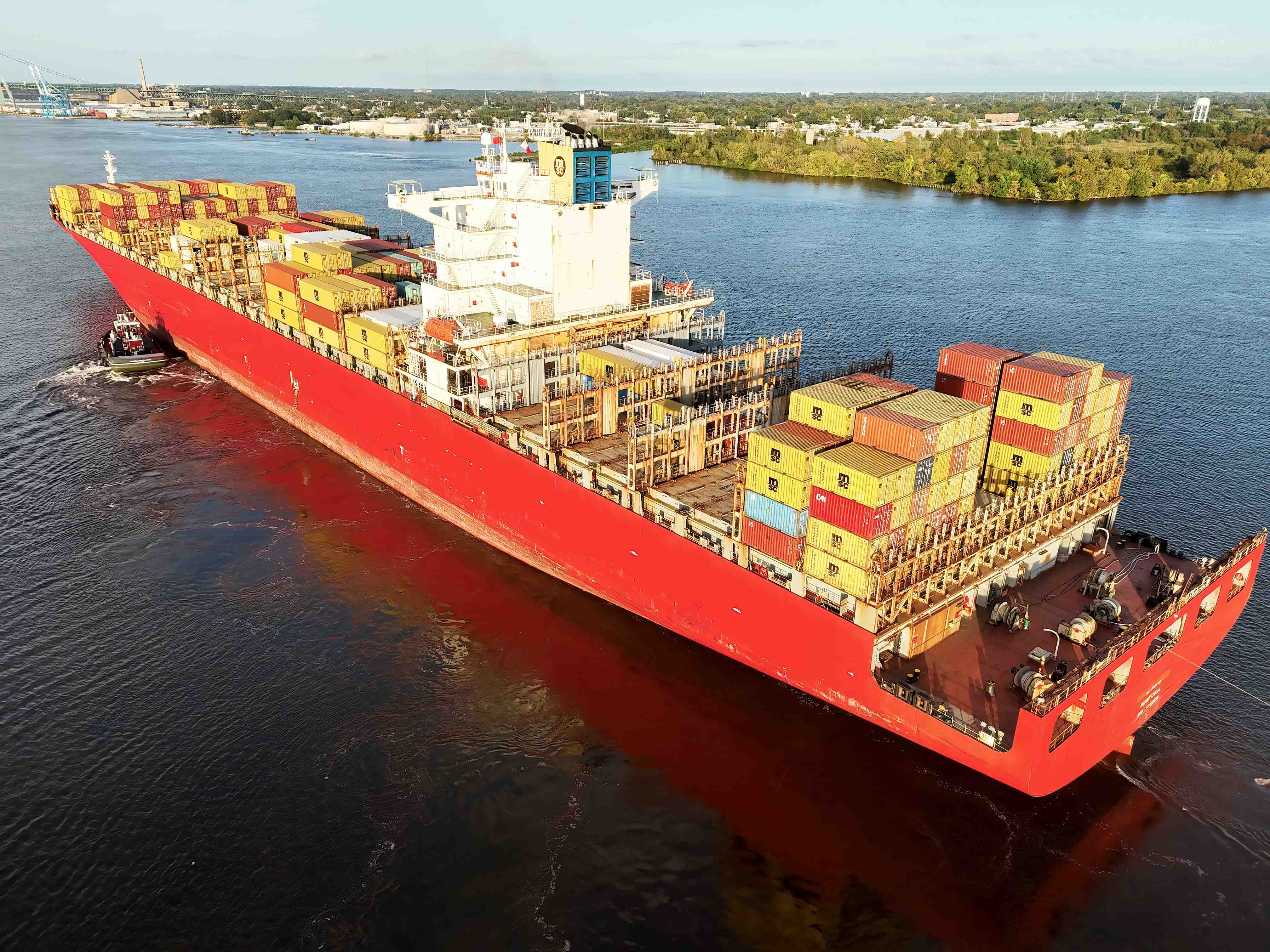Piracy in the Gulf of Guinea
Piracy in the Gulf of Guinea remains the principal security threat faced by the shipping industry. Dozens of seafarers are kidnapped each year, and held for ransom in terrible conditions ashore. ICS believes that piracy can and should be suppressed for the benefit of shipping and the region.
Pirate groups in the Gulf of Guinea are resilient and determined, often attacking at more than 200NM from the shore. Their main objective is to kidnap seafarers and demand ransoms from shipping companies for their release. They are often violent, and seafarers and navy personnel have been killed during attacks. Given the severity of the crimes it is essential that voyages in the GOG are fully threat and risk assessed and self-protection measures applied by ships. ICS and fellow Industry Associations have developed the Best Management Practices West Africa, which provide extensive guidance and should be applied by all ships in the region, their effectiveness in deterring and delaying pirates having been demonstrated in numerous incidents.

ICS and industry partners have worked tirelessly to highlight the threat presented by Gulf of Guinea pirate groups. This has resulted in the formation of the Nigeria-Industry Working Group which meets on a monthly basis to highlight key concerns and areas for action.
Furthermore, the Maritime Collaboration forum Shared Awareness and Deconfliction Gulf of Guinea (SHADE GOG) was founded in 2019 and has met regularly to address strategic and tactical measures to secure the region’s waters and break the annual spike of pirate activity. This meeting brings together regional navies and law enforcement, industry and non-regional deployers to share experience and assess where they can better cooperate and deconflict their operations. The result of all this has been a greater focus on piracy in the region, increased interventions in incidents, and the greater protection of merchant seafarers.

Piracy in the region is at its lowest level since 2018. This will certainly be down to increased self-protection by merchant ships, regional law enforcement and the presence of non-regional navies restricting pirate capability. However there are also other economic and societal factors at play in the Gulf, particularly related to oil prices and the election cycle that are limiting the pirates’ intent. Whilst the decrease in numbers is welcome, it is clear that the threat of pirate attack in these waters endures, with incidents still occurring at great distances from shore. It is therefore essential that the efforts to suppress piracy are consolidated and strengthened, that cooperation increases, and that the pirate model is broken once and for all through enduring security measures and legal finish that sees them prosecuted and jailed for their crimes.


